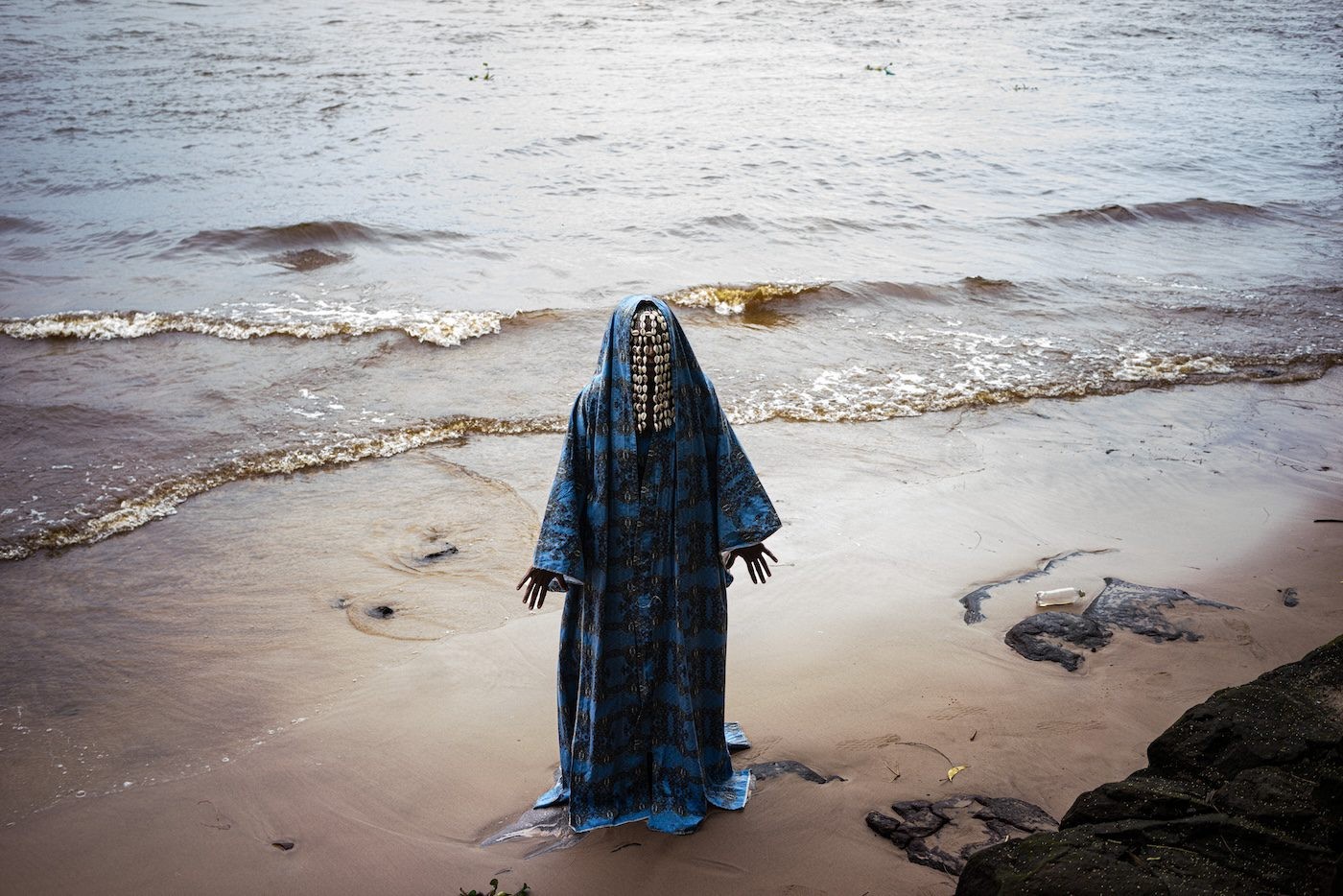"Most of my work is series. It’s a method that reflects how I feel things."
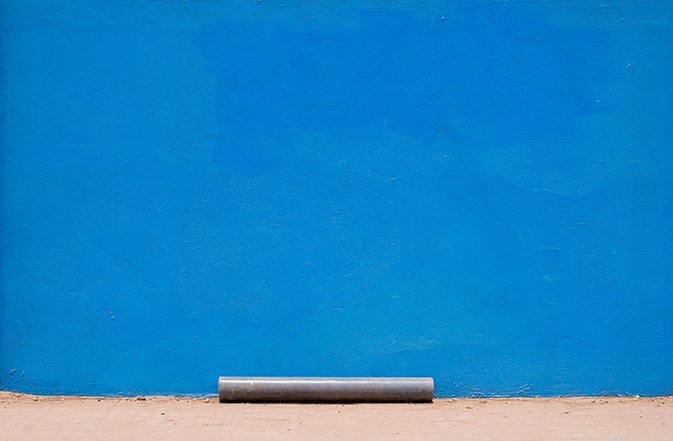
28 May 2013
Magazine C& Magazine
5 min read
Edson Chagas documents the everyday with a conceptual eye, elaborating on issues such as consumerism, capitalism, tradition and so on. In this interview he talks about his project ‘Found Not Taken’ which will be shown during the Venice Biennale at the Angola Pavilion – Luanda Encyclopedic City, curated by Beyond Entropy [Paula Nascimento and Stefano …
Edson Chagas documents the everyday with a conceptual eye, elaborating on issues such as consumerism, capitalism, tradition and so on. In this interview he talks about his project 'Found Not Taken' which will be shown during the Venice Biennale at the Angola Pavilion –Luanda Encyclopedic City, curated by Beyond Entropy [Paula Nascimento and Stefano Pansera] and commissioned by the Ministry of Culture of Angola.
Contemporary And:Found Not Taken will be shown in Venice with only the pictures taken in Luanda, but initially it included images shot in other cities, how does that work in the context of the project?
Edson Chagas: This was a curator’s decision which I agreed to because it doesn’t de-contextualise the series. So far, the series includes photos taken in London, Newport and Luanda. The project kind of goes where I go and it is funny that all these places were preparing for major events at that time. In Luanda the 2010 African Cup of Nations was taking place. The cities responded with vibrancy and a sense of renewal that mimicked the rehabilitation taking place. And I found objects that I could photograph and reuse, while others were almost destroyed. While growing up in Luanda, everything was reutilised and it was special to me to see how the consumerism habits were changing. I could find sofas and washing machines but also chairs, those were the most common, but also other objects. It was always about the object and how it interacted with the space around it. Also what I feel when I look at it. It’s a learning process of the city, its people and rhythm.
C&: While you seem to focus on the object and its meaning in terms of consumerism habits, there is also an engagement with the city and the urban space.
EC: Yes, sometimes I am asked if I accidentally found the place to take the photograph, but it’s not always immediate. Sometimes I see the object and the right place to shoot, other times I have to move it around. That can be two metres or two kilometres, it depends. That allows me to understand the relationship people have with public transportation – I don’t have a car – and the dynamics of the city itself.
C&: Is there a performative gesture in this? In moving the objects around?
EC: Maybe, I never thought of it but it would be a random performance depending on the object. Maybe, it is rather a dynamic that results from the city itself.
C&: Is that part of the learning process you mentioned before?
EC: Yes, Found Not Taken is something I will always find and photograph. And, the experience of doing it in Luanda, London and Newport is totally different.
C&: That seems to be your work process. The Oikonomos series seems to be a work in progress as well.
EC: I like to work in a way I can always find space to develop the work. Most of my work is series. It’s a method that reflects how I feel things. I’ve been working with objects, and although the thought around it reflects the relationship people develop with objects, there is some passion in seeing the relation between these objects.
Edson Chagas was born in Luanda, Angola in 1977. After a degree in photojournalism at the London College of Communication, Chagas studied documentary photography at the University of Wales in Newport. Since 2007 the artist lives and works in Luanda, where he developed his personal work as a photojournalist beyond the standards of this practice. Chagas participated in the Luanda Triennial 2010, SP-Arte & SOSO Arte Contemporânea Africana in São Paulo, and in the workshop organized in Ethiopia by GIZ – Deutsche Gesellschaft für Internationale Zusammenarbeit – which culminated in a travelling exhibition from the National Museum of Ethiopia in Addis Ababa to the Rheinisches Landesmuseum in Bonn, Germany. In 2012 he took part in the MABAXA Project based in Luanda and in the RAVY festival – Rencontre d’Arts Visuels – in Yaoundé, Cameroon. In 2013 he exhibited in the collective showNO FLY ZONEat the Berardo Museum in Lisbon, and his works were displayed in the exhibition “Landscapes” at A Palazzo Gallery in Brescia, Italy.
Suzana Sousa lives and works in Luanda as an independent curator. She is one of the curators of the Luanda Triennial 2013 in November and December.
'Luanda, Encyclopedic City', Angola Pavilion,55th International Art Exhibition- la Biennale di Venezia
</strong></em>
Read more from
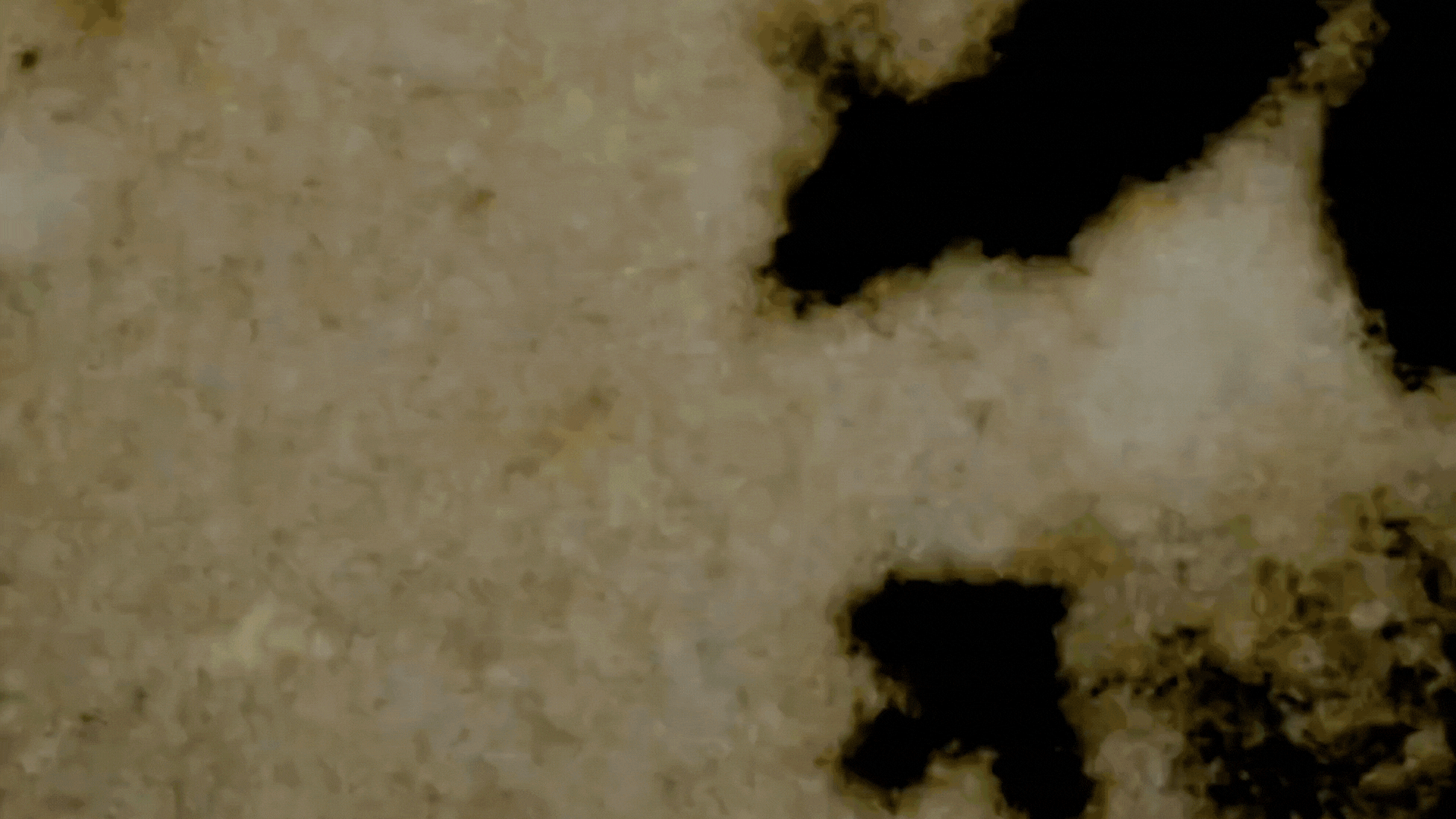
On Ghosts and The Moving Image: Edward George’s Black Atlas
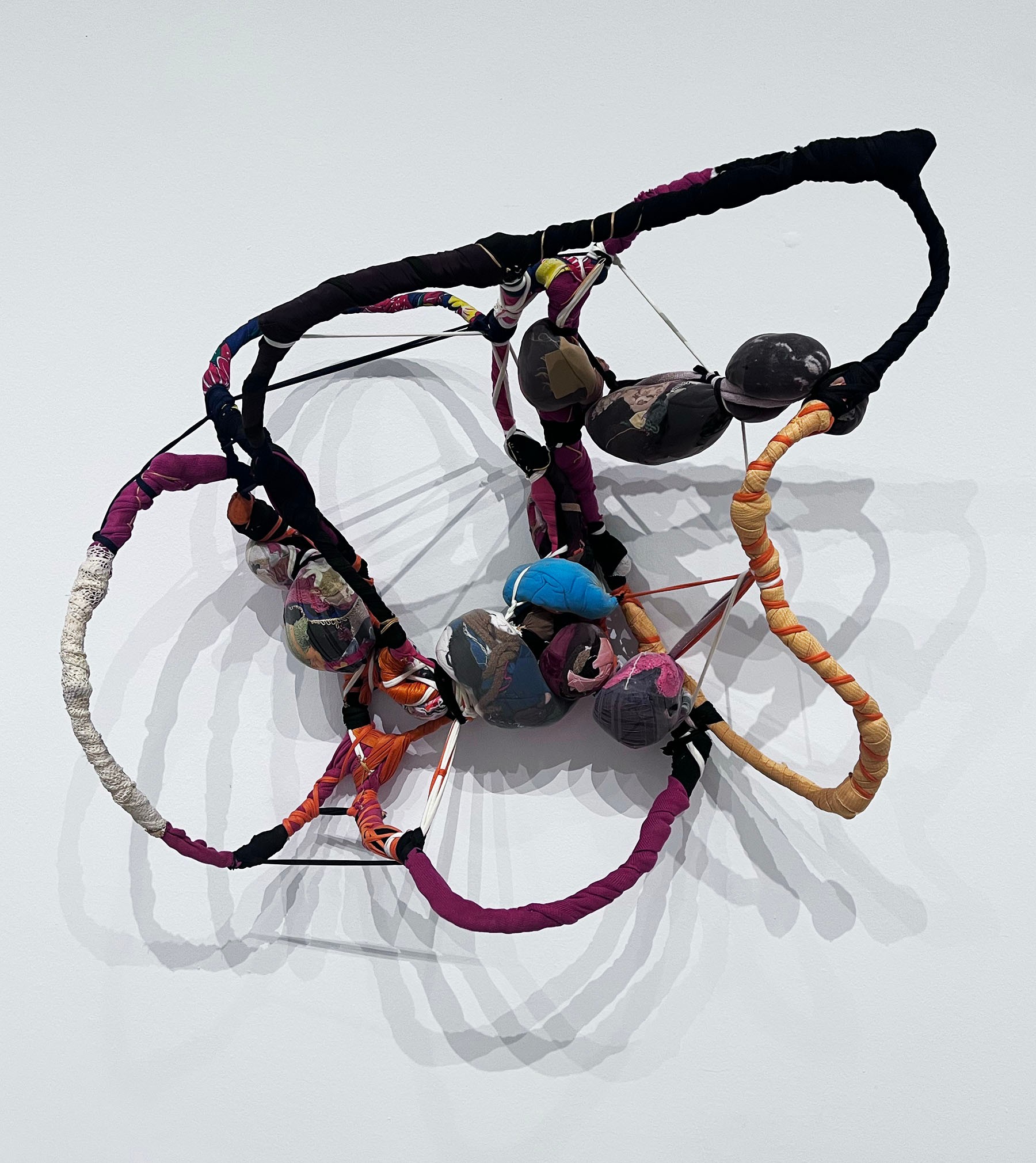
Confronting the Absence of Latin America in Conversations on African Diasporic Art
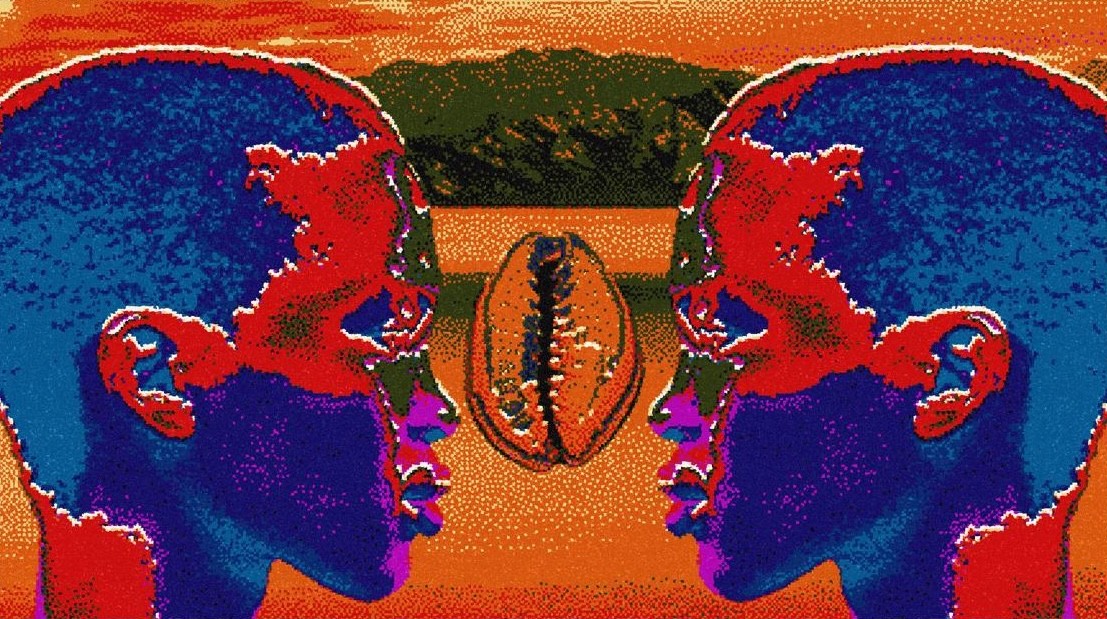
On Exile, Amulets and Circadian Rhythms: Practising Data Healing across Timezones
Read more from

MAM São Paulo announces Diane Lima as Curator of the 39th Panorama of Brazilian Art
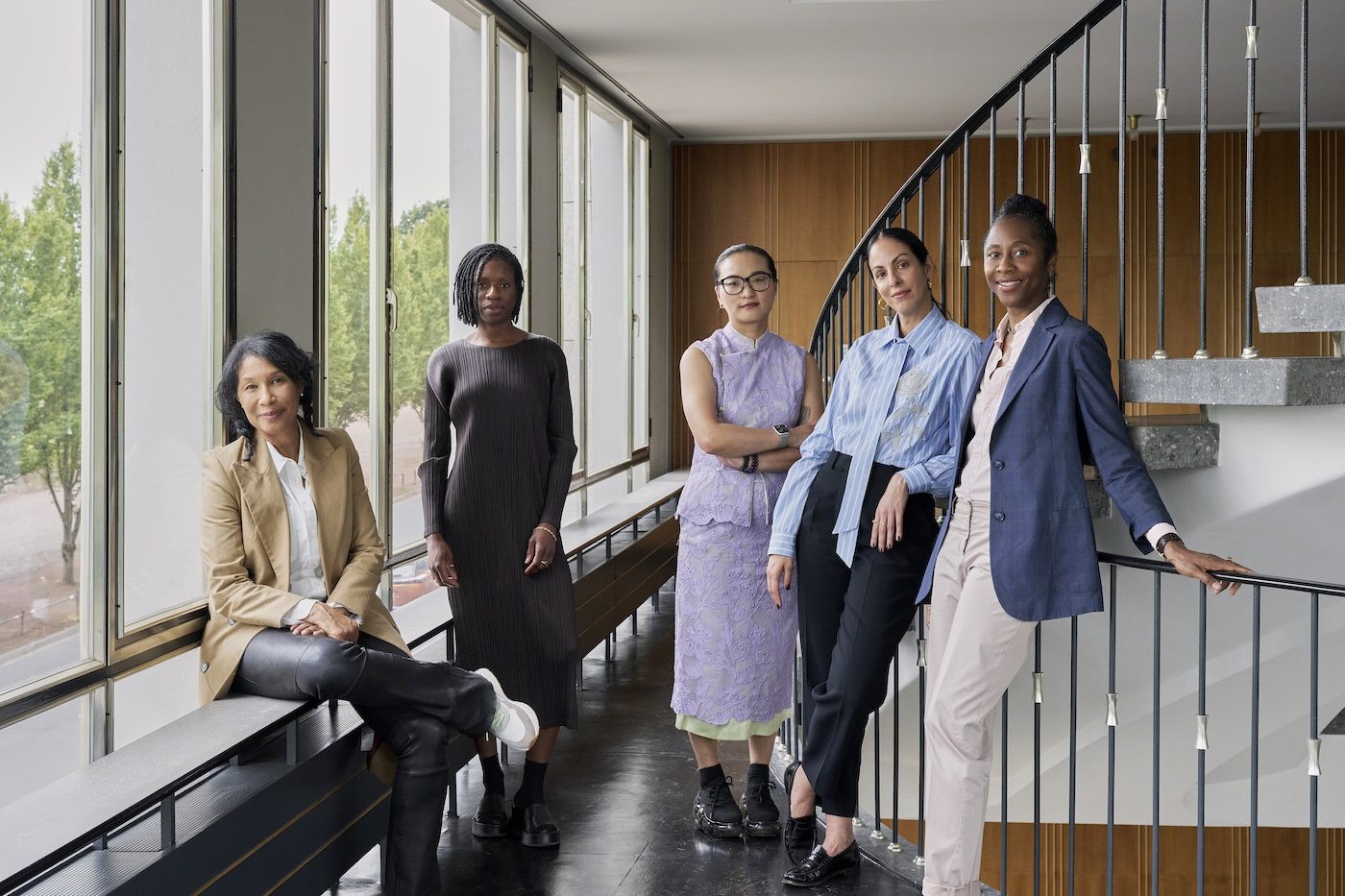
Naomi Beckwith Unveils Core Artistic Team for documenta 16
